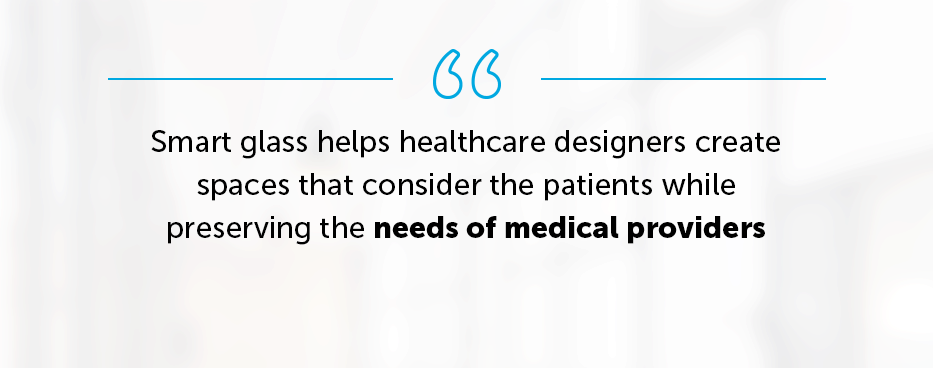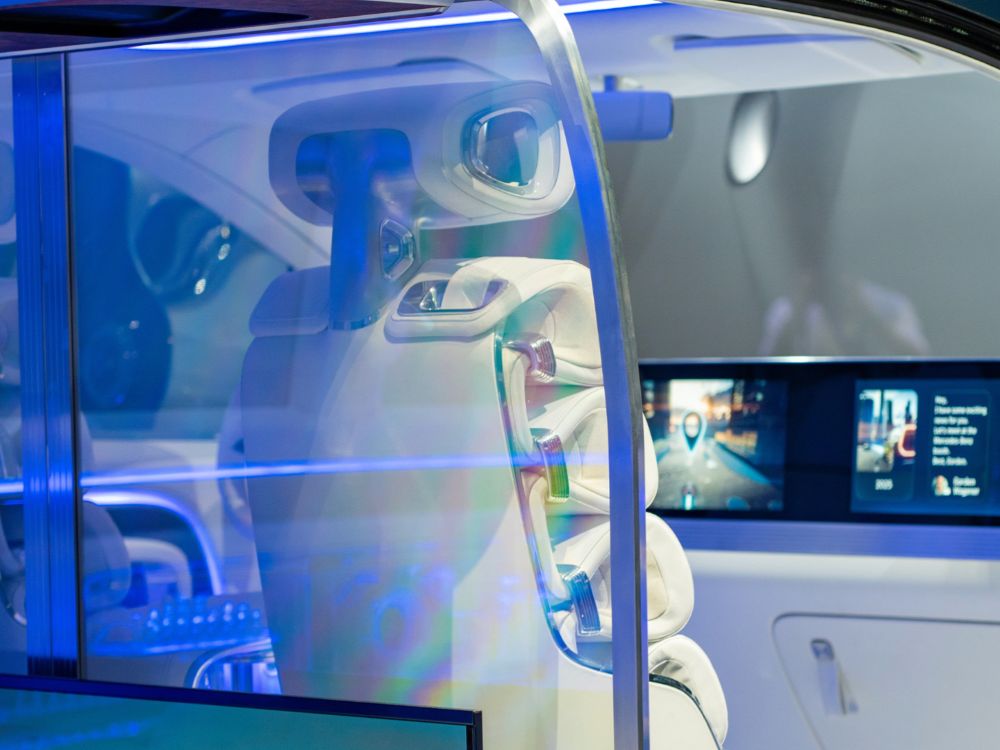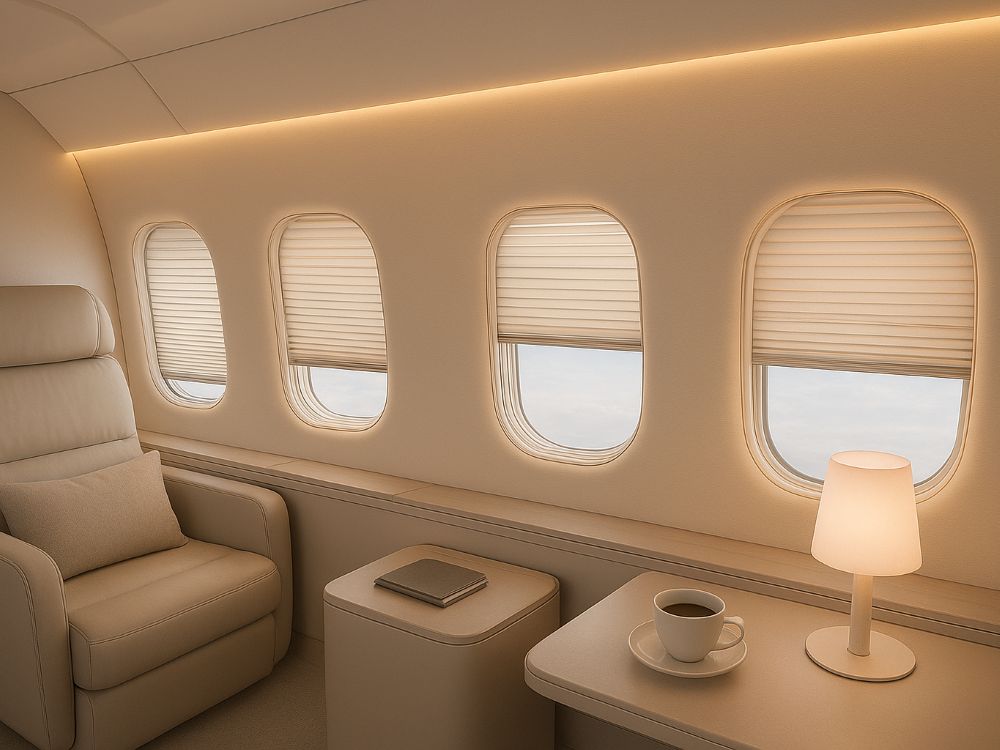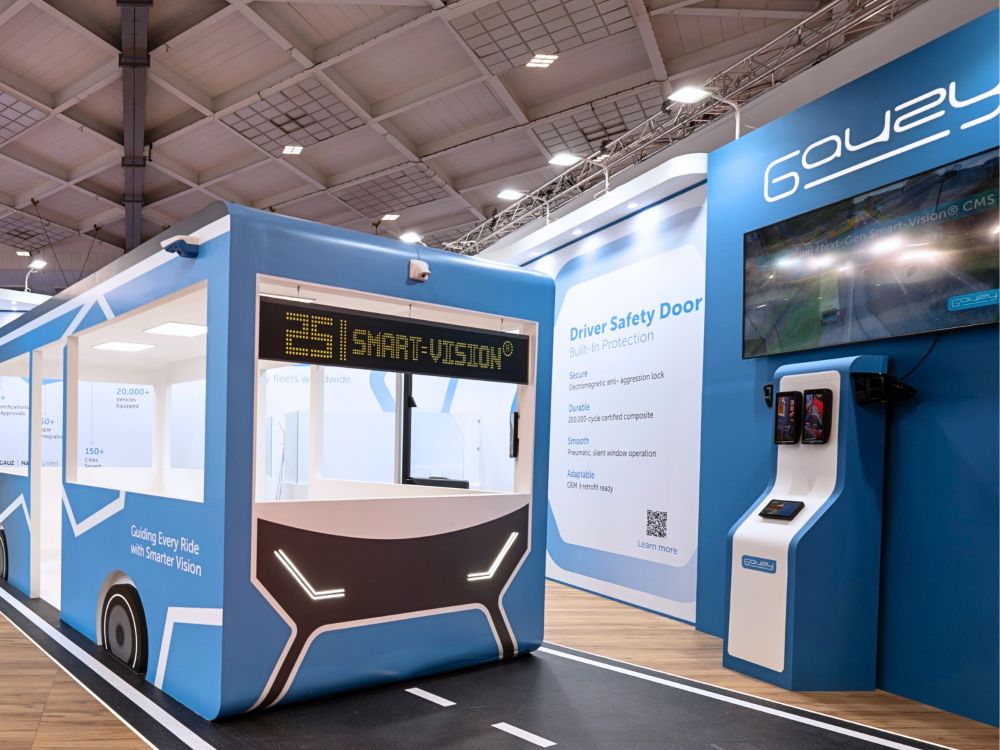Throughout the 20th century, hospitals were designed with the healthcare providers in mind, not the patients. As a result, the functionality of the physical space within a hospital was of far less importance than how a patient actually felt in the space.
Evidence based design, or EBD, is the process of constructing a building based on scientific research. This has become especially important in evidence-based medicine, where research has shown that healthcare interior design can affect patient outcomes.
EBD and medical studies show that a patient’s well-being and recovery process is directly related to healing architecture, and faster recovery is hinged on:
- Single or private patient rooms
- Reduced noise
- Exposure to natural light
LCG® (light control glass), also known as switchable privacy glass, plays an integral role in room design, noise insulation, and access to natural light. Smart glass helps healthcare designers create spaces that consider the patients while preserving the needs of medical providers.
Architecture that heals takes the following points into consideration in the planning stages:
Single or private rooms
Having a private space to recover reduces stress, allows for better rest and supports a sense of dignity. Using glass partitions in wards helps to section off spaces and create private rooms, but leaves a transparent window to easily check on patients. Rather than using fabric curtains to create a private space, smart glass provides instant privacy with the flip of a switch, for either the patient when they want to rest or the staff during treatment. Learn more about how fabric curtains spread diseases in hospitals.
Reduced noise
Research has shown that noise plays a negative role in healing and that decreasing noise in patient care areas aids in healing processes and helps facilitate speedier recoveries for patients. Noise creates stress (elevated blood pressure) and makes it harder to sleep, which are both detrimental to a speedy recovery. Laminated smart glass paired with an acoustic glass partition significantly decreases noise, making for a quieter healing space. Gauzy smart glass films are laminated by certified partners worldwide and can be integrated into almost any type of partition system, including IGU units.
Exposure to light
The positive effects of natural light have long been known and hard to debate. In a study conducted over 15 years in various healthcare facilities, the results show that those patients who had a bed near a window with natural light stayed in the facilities for less time than those who did not. Windows in patient rooms allow natural light to fill the space, and glass partitions allow that light to transfer beyond the bedside and into the corridors. But when a patient wants to sleep, or the sun is shining too bright, architectural grade SPD switchable smart glass provides a shading solution that is sterile and easy to clean, eliminating the need for bacteria hosting fabric shades. Gauzy SPD LCG® smart glass allows windows to block up to 99% of light with custom shading control, making spaces shaded in seconds, for comfort.
The design and atmosphere of a patient’s surroundings have a major connection to how they feel, and in turn, heal. Gauzy LCG® smart glass technology provides a level of control in a situation where so much may be out of a patient’s control. LCG® supports a quiet, private, and sterile space that patients need, while helping hospital designers and builders create environments in line with EBD findings.
Building or designing a hospital or healthcare center? Contact Gauzy today to learn more about how switchable smart glass can improve patient recovery process.





